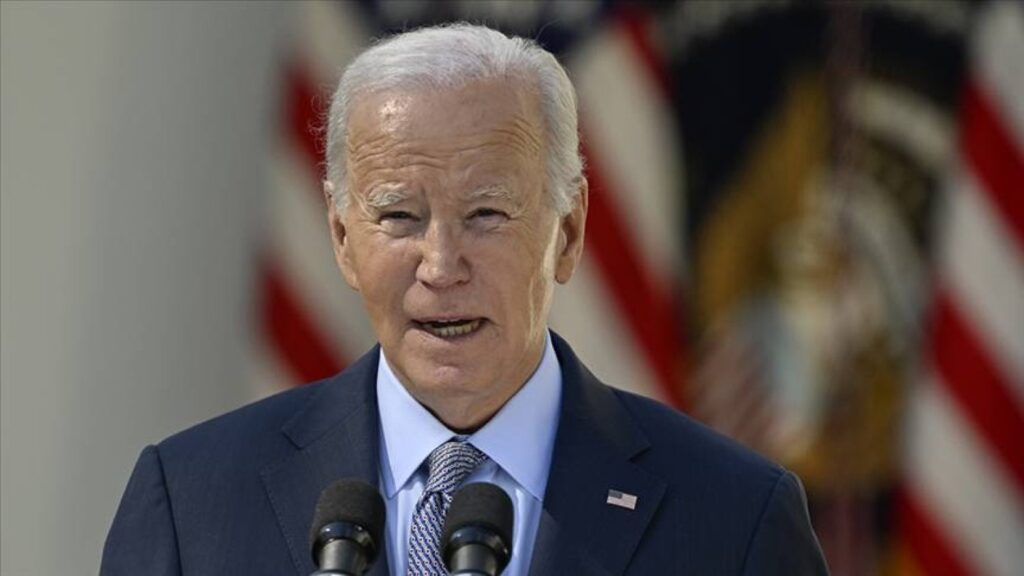
As tensions simmer in the Middle East, a former top U.S. general in the region has issued a stark warning, urging the United States to signal to Iran that it remains a potential target. Retired General Kenneth McKenzie’s comments come amid escalating tensions between Washington and Tehran, underscoring the need for strategic deterrence to prevent Iran from becoming emboldened.
General McKenzie, who previously served as the head of U.S. Central Command responsible for military operations in the Middle East, emphasized the importance of maintaining pressure on Iran to deter further aggression. Speaking to NBC News, he asserted that the United States must signal to Iran that it remains vigilant and prepared to respond to any provocations.
The call for signaling Iran as a potential target comes against the backdrop of recent developments in the region, including Iran’s growing influence and destabilizing activities. From its support for proxy groups across the Middle East to its nuclear ambitions, Iran’s actions have drawn international concern and prompted calls for a robust response from the United States and its allies.
General McKenzie highlighted the need for the United States to adopt a proactive approach in dealing with Iran, warning against complacency. He stressed that failure to signal Iran’s potential vulnerability could embolden Tehran and pose a greater threat to regional stability.
ALSO READ: “America Must Show Strength!” GOP Slams Biden After Drone Attack Kills Three U.S. Troops
The former top general’s remarks reflect broader concerns within the U.S. defense establishment regarding Iran’s intentions and capabilities. Amid reports of Iranian-backed attacks on U.S. interests and allies in the region, there is a growing consensus among policymakers that decisive action is needed to counter Iran’s malign activities.
In recent years, the United States has taken a series of measures to confront Iran’s destabilizing behavior, including economic sanctions, military strikes, and diplomatic pressure. However, General McKenzie’s comments suggest that more may be required to deter Iran and safeguard U.S. interests in the region effectively.
POLL—Do You Support Stricter Gun Control Laws and Assault Weapon Bans?
One of the key challenges facing U.S. policymakers is striking the right balance between deterrence and de-escalation. While signaling Iran as a potential target may deter further aggression, it also risks escalating tensions and triggering a military confrontation.
Despite the complexities involved, General McKenzie stressed the importance of sending a clear message to Iran that its actions will not go unchallenged. He emphasized the need for a coordinated approach involving diplomatic, economic, and military measures to address the threat posed by Iran effectively.
ALSO READ: U.S. Imposes New Drone Sanctions in Bid to Squeeze Iran
The former top general’s remarks come at a critical juncture in U.S.-Iran relations, with the Biden administration seeking to revive diplomatic efforts to address Iran’s nuclear program. However, recent provocations by Tehran, including its increased uranium enrichment and ballistic missile tests, have raised doubts about the prospects for diplomatic engagement.
However, as the United States navigates the complex dynamics of the Middle East, General McKenzie’s warning serves as a timely reminder of the importance of maintaining a solid and credible deterrent against Iran. By signaling to Tehran that it remains a potential target, the United States aims to prevent Iran from becoming too comfortable and emboldened in its destabilizing activities.
YOU MIGHT ALSO LIKE:
Supreme Court Appears Open to Curtailing Federal Regulatory Power
Massachusetts Senate Votes Sweeping Gun Bill to Fight Ghost Guns and Assault Weapons
Over 800 Officials Sign Criticism of Western Policy Against Gaza
Federal Prosecutors Investigate WWE Founder Vince McMahon Amid Sex Trafficking Allegations
Weisselberg Perjury Negotiations Causes Judge to Hit the Brakes on Fraud Trial Ruling
